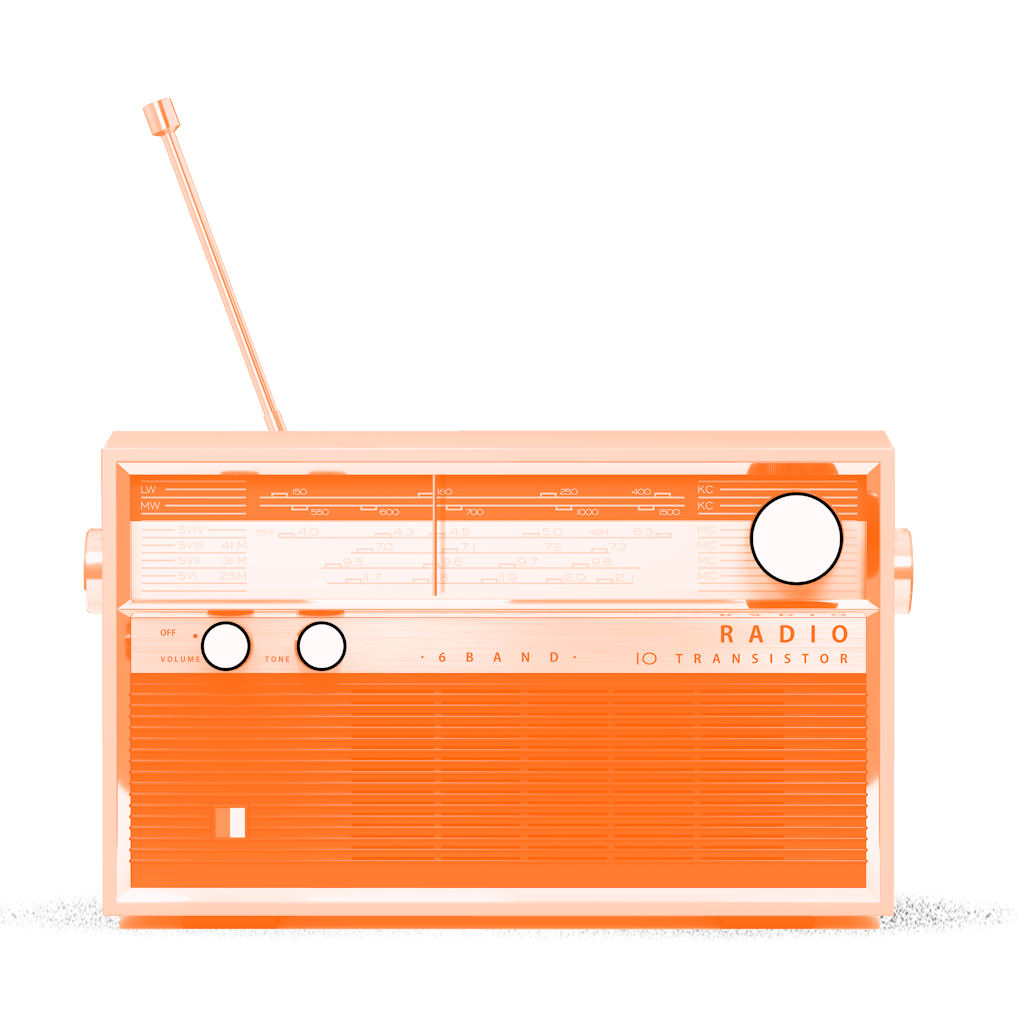Today’s Money
Today Show mentions Credit Karma in their segment, Today's Money.

Today Show mentions Credit Karma in their segment, Today's Money.
Today, Credit Karma satisfies LearnVesters' curiosity surrounding the relationship between your credit score and loans.
"There's obviously a benefit from [reaching] the 750 range," says Ken Lin, CEO of Credit Karma, a credit-score disclosure company based in San Francisco. But "once you hit that pricing tier, there really is no benefit" to a higher score.
I am a supporter of CreditKarma.com, a free service that shows you your TransUnion credit score, among other things, as many times as you want.
Credit Karma provides you with a credit report card (not credit report) and your credit score as calculated by TransUnion. One of the nice features is that the report card explains those factors that are either helping or hurting your credit score.
"The shareholders at the large banks that issue the cards are looking for continuing revenue growth, and when you take away $22 billion they make on fees, they'll look for another way to make it up," said Ken Lin, who heads Credit Karma.
I've been a fan of Credit Karma for about as long as they've been around. It's a cornerstone of my DIY identity theft protection strategy because it lets me view my TransUnion credit score for free about as often as I want to.
Today, we kick off Credit Karma's weekly wave of credit info, exclusive to LearnVest readers.
So before another trial-and-error lesson in personal finance costs you cash and stress, take money matters into your own hands. That's what Credit Karma's column is all about: personal finance lessons to help CuteGeeks get good financial karma.
Check out this Clark Howard television clip that mentions Credit Karma.